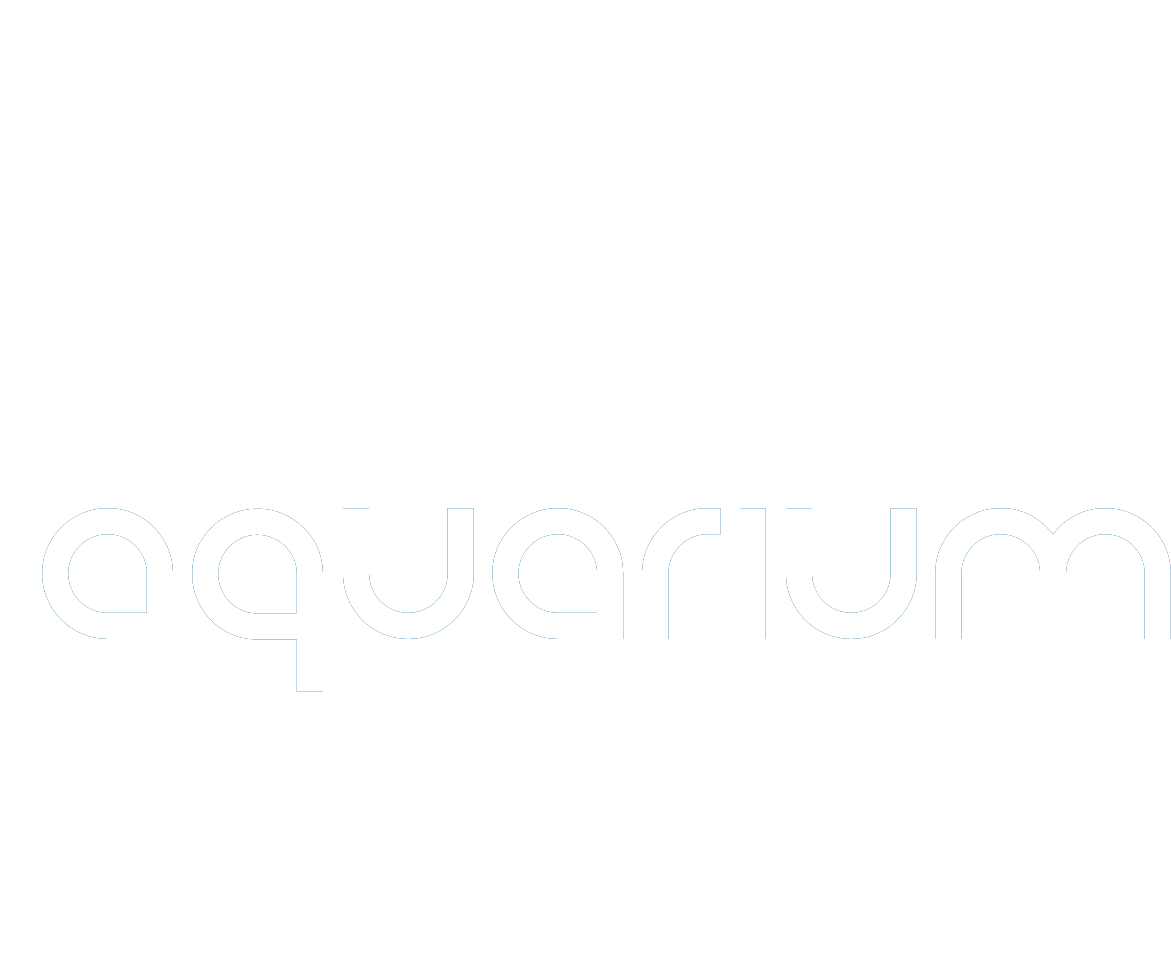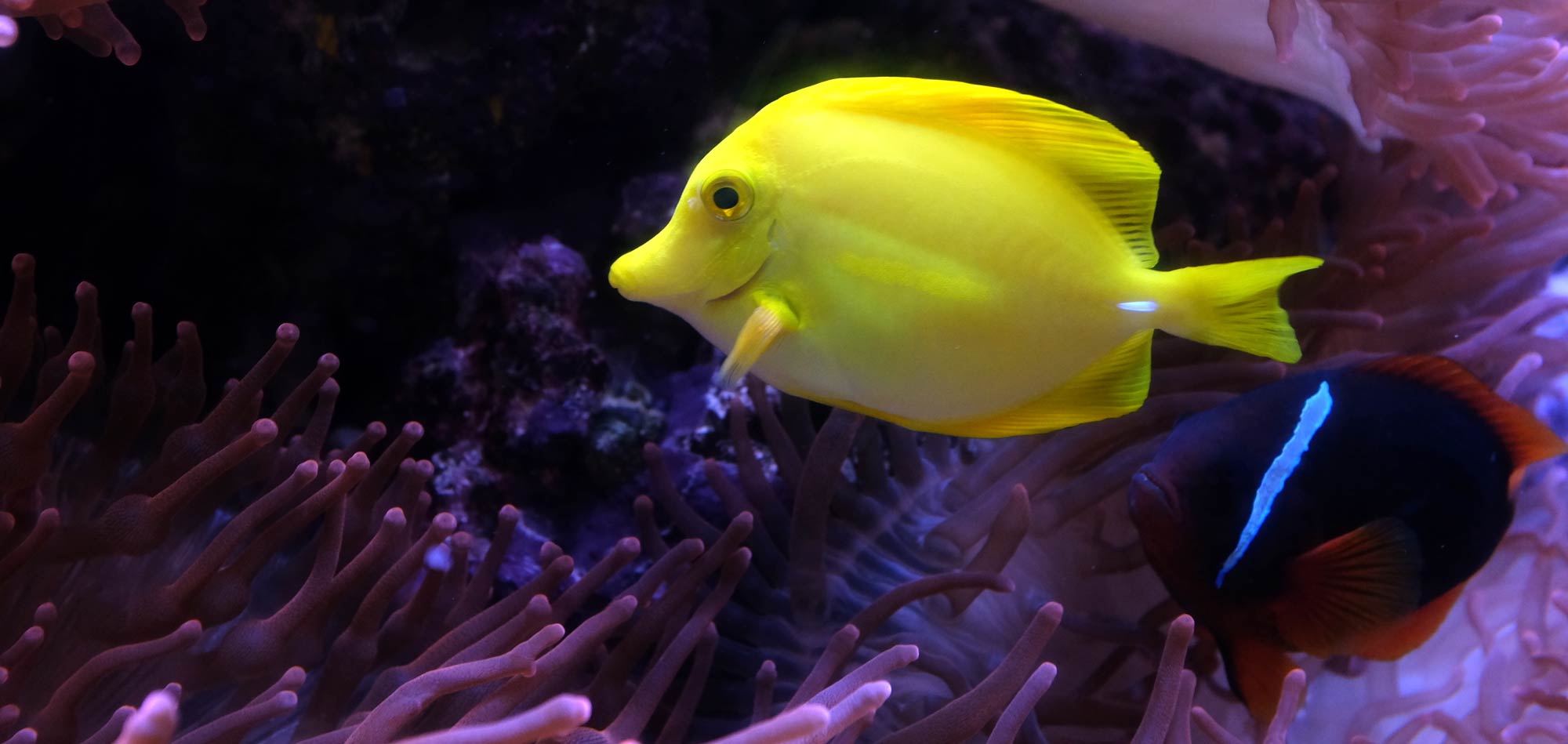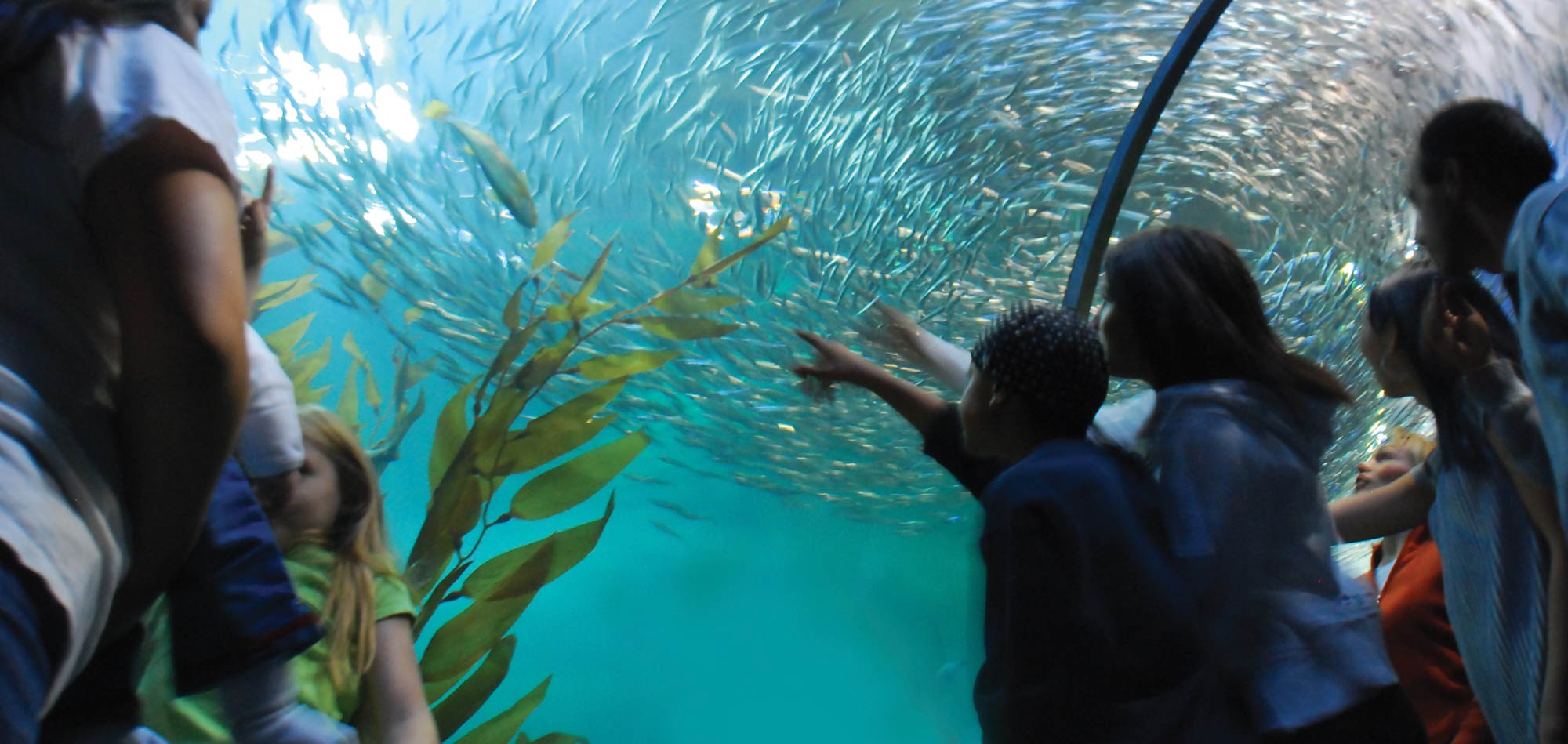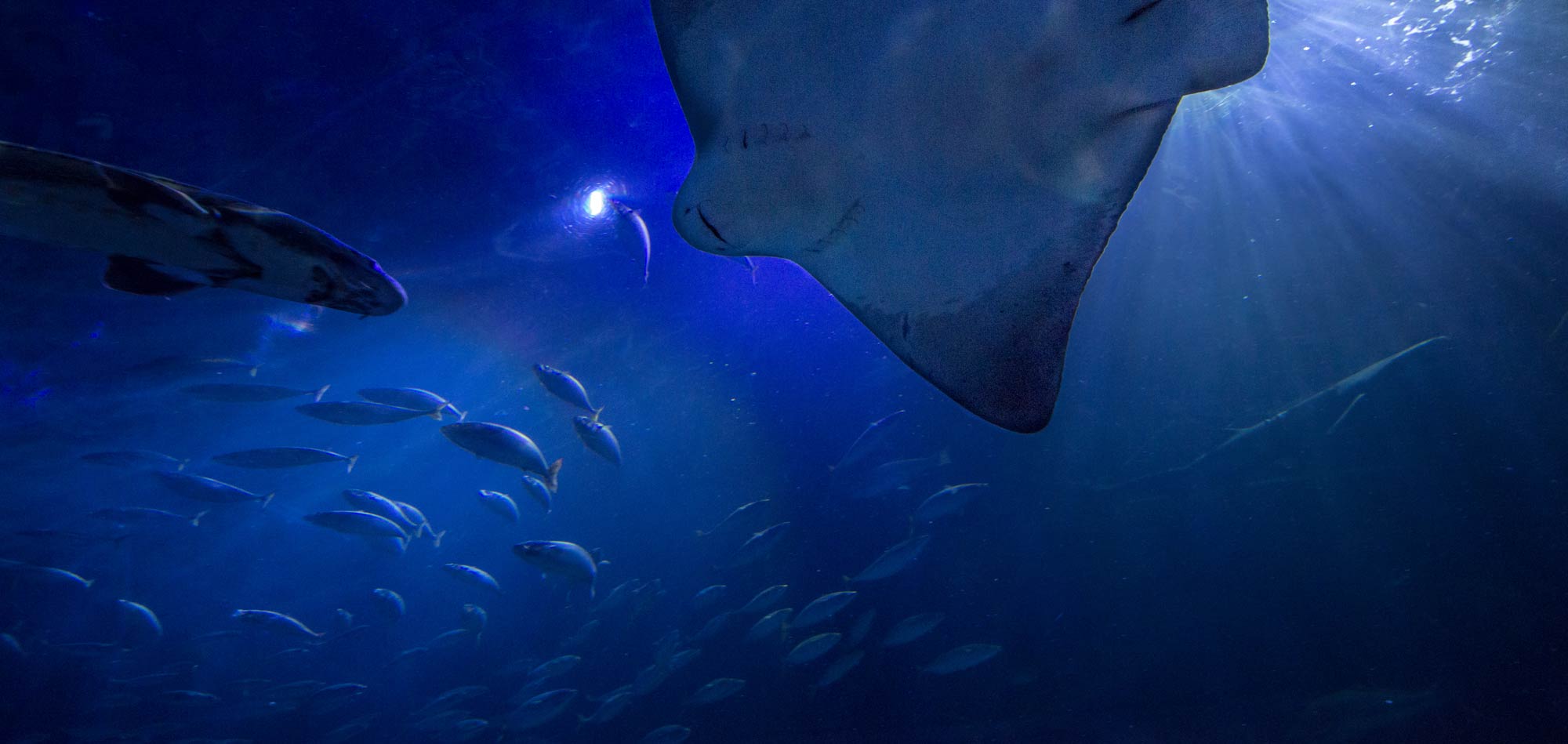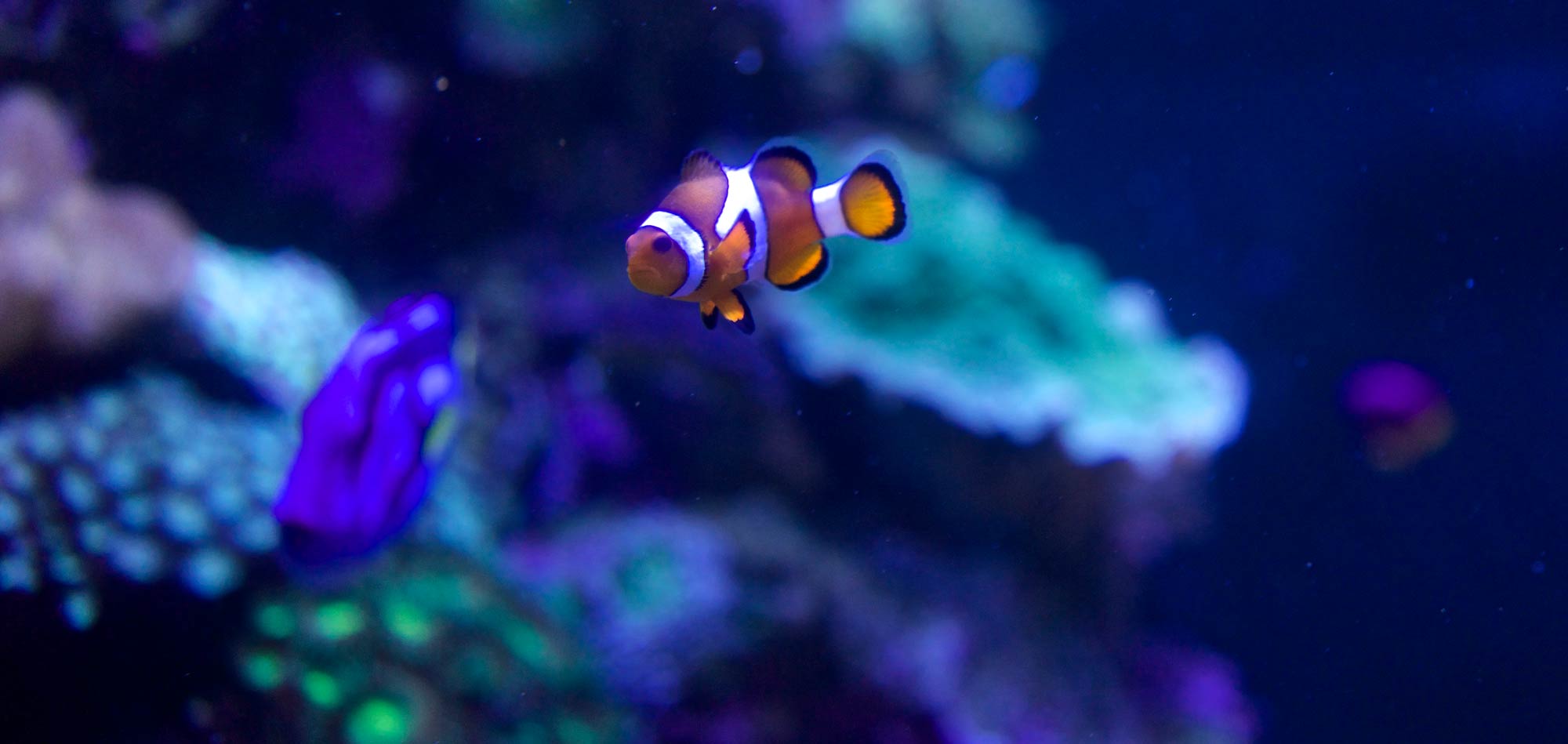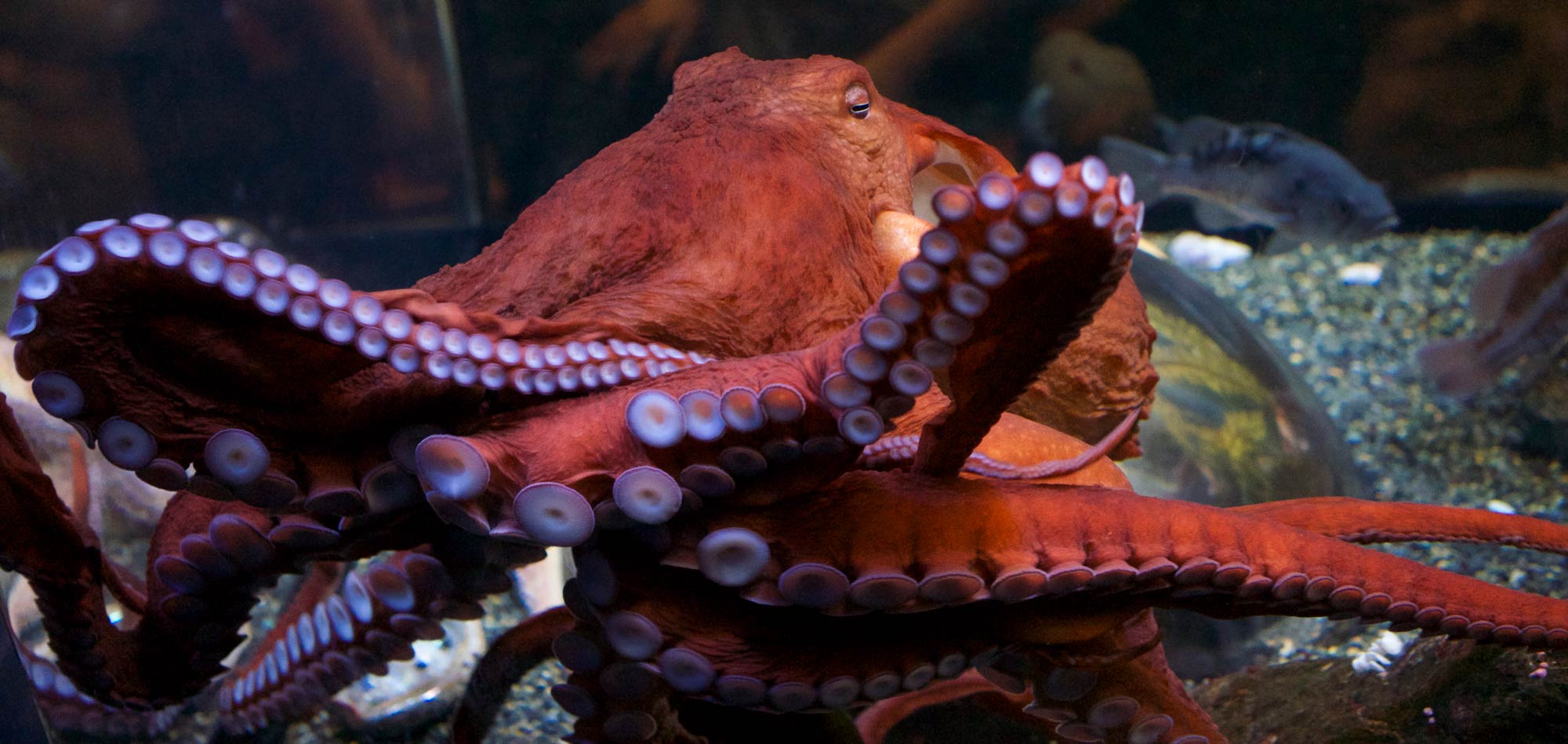BayEcotarium
Bay.org dba the BayEcotarium is the largest watershed conservation organization in San Francisco and is an amalgam of five institutions, united under one mission to protect and conserve the Bay Area ecosystems. Human impact and environmental changes have put a strain on the ecological balance, and the Bay Ecotarium works towards preserving the natural environment for future generations. We focus on changing the conversation about conservation from a position of scarcity to that of abundance and from fear to opportunity.
![]()
Mission
Bay.org DBA BayEcotarium is a 501(c)(3) non-profit organization with a mission to enable conversations on climate resilience and ocean conservation globally, while inspiring actionable change locally by protection and preservation of the San Francisco Bay and its ecosystems, from Sierra to the Sea™.
![]()
Institutions
Aquarium of the Bay
Located on San Francisco’s bustling waterfront at PIER 39, the Aquarium opened in 1996 and hosts 500,000 guests annually. Featuring animals found in Bay area habitats, guests enjoy up-close encounters with more than 20,000 invertebrates, fish, amphibians, reptiles and mammals.
The Bay Institute
Established in 1981, The Bay Institute develops and leads scientific research, education, environmental policy, and advocacy initiatives that have a major impact on the health of the San Francisco Bay watershed.
Bay Model Alliance
The Bay Model Visitors Center is an eight-acre education facility open to the public. Conceived by the U.S. Army Corps of Engineers in 1957 to study Oil-Spills and other impacts on the San Francisco Bay, it is the single largest indoor working model in the United States. Located in Sausalito, the Bay Model includes a working hydraulic model of San Francisco Bay and the Sacramento-San Joaquin River Delta system, bringing the bay to life through educational programs, lectures, films and seminars. The facility is operated in partnership between the US Army Corps of Engineers and the BayEcotarium. Plans for adding new exhibits focused on Sea-Level Rise and the Sea Wall restoration under the San Francisco Embarcadero, are currently in active consideration. The Bay Model venue also hosts events, lectures, award ceremonies and mission-aligned exhibitions.
Bay Academy
The Bay Academy consolidates and archives all Bay Institute and other educational Bay-focused publications, citations and editorials into a cohesive, easily accessible database. Production is underway to publish a series of Bay Eco books, both in print and as eBooks. Also, the Academy is engaged in developing and designing curriculum-based e-learning modules for teachers and students. Additional planning includes podcasts, blogs, streaming videos, EcoCurrent newsletters, environmental posters and other educational resources that will be created and compiled by the Academy.
Studio Aqua
Studio Aqua is integral to the BayEcotarium and works in tandem with its six branches in the San Francisco Bay Area. It is primarily programmed to meet the interpretive planning and exhibit design requirements for the Aquarium of the Bay and in addition offers design services to clients in the aquariums, zoos and aqua-themed endeavors from art installations to project conceptions.


